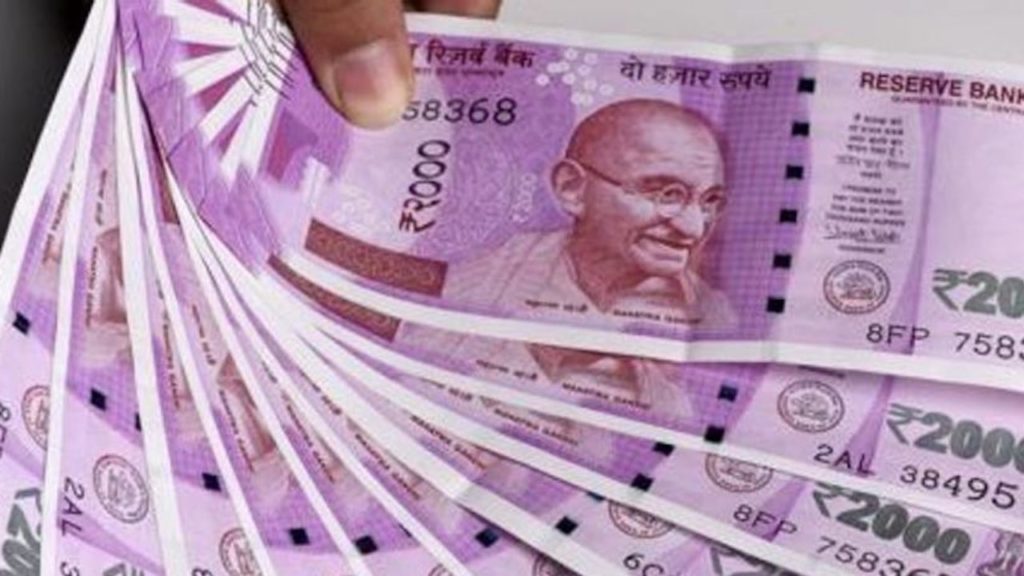100% Penalty For Receiving Rs 2 Lakh Or More In Cash; Use These Methods To Transfer Money

In order to curb tax evasion in the country, the government has introduced a cash transaction limit per day, under Section 269ST.
Contents
How Does It Work?
According to this, a person in a day is allowed to carry out cash or related transactions that is below Rs 2 lakh.
This was also enacted in the Finance Bill, 2017.
The Income Tax Act restricts any person from receiving an amount of Rs 2 lakh or more in cash, from a person in a day, in respect of a single transaction or in respect of transactions relating to one event or occasion from a person, as per the Section 269ST.
Consider a case where a borrower decides to settle their debt with you in lump sum by paying you the borrowed money where the value is more than Rs 2 lakh.
Then, you are liable to pay penalties which is 100% of the entire amount of cash received as per guidelines.
How To Make Transactions Equal Or More Than 2 Lakh Without Attracting Penalties?
It is noteworthy here that a transaction of an amount equal to Rs 2 lakh or more is allowed through an account payee cheque or an account payee bank draft or use of electronic clearing system (ECS) through a bank account.
Here ECS through a bank account can be done using different payment modes such as credit card, debit card, net banking, IMPS (Immediate Payment Service), UPI (Unified Payment Interface), RTGS (Real Time Gross Settlement), NEFT (National Electronic Funds Transfer), and BHIM (Bharat Interface for Money) Aadhar Pay.
So in simple words, the payment of an amount equal or more than Rs 2 lakh or more is allowed via any of the payment modes mentioned above.
It is not a common knowledge that accepting Rs 2 lakh or more cash in a day will attract penalty.
Penalty For Receipt of Rs 2 Lakh Via Cash
In contravention of the provisions of section 269ST, if a person receives any sum, they are liable to pay a penalty of a sum equal to the amount of such receipt under Section 271DA.
Although, if a person can prove that there were good and sufficient reasons for the contravention then there will be no penalty applied.
The penalty shall be imposed by the Joint Commissioner.
Consider an example where if a person buys a luxury product for cash worth Rs 10 Lakh then the shopkeeper will have to pay the tax (penalty) of Rs 10 Lakh.
What Are The Exemptions To Section 269ST Of The Income Tax Act?
Any receipt of the amount by the government, any banking company, post office savings bank or co-operative bank will be exempted under Section 269ST of the Income Tax Act.

Comments are closed, but trackbacks and pingbacks are open.